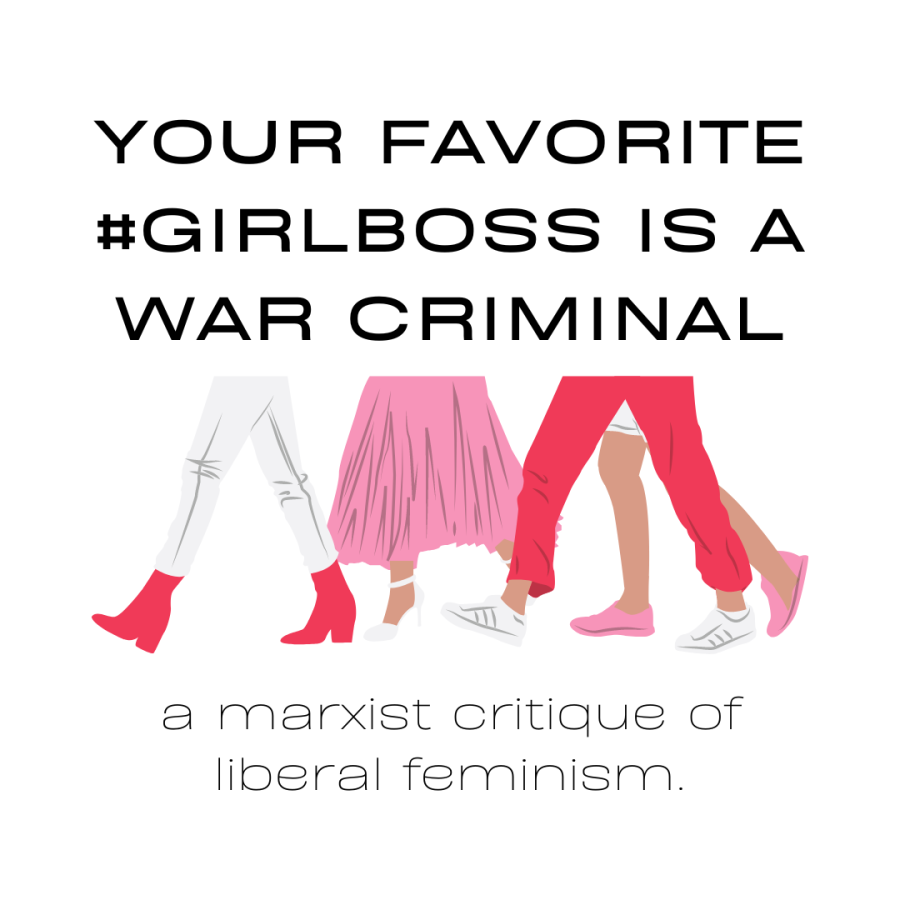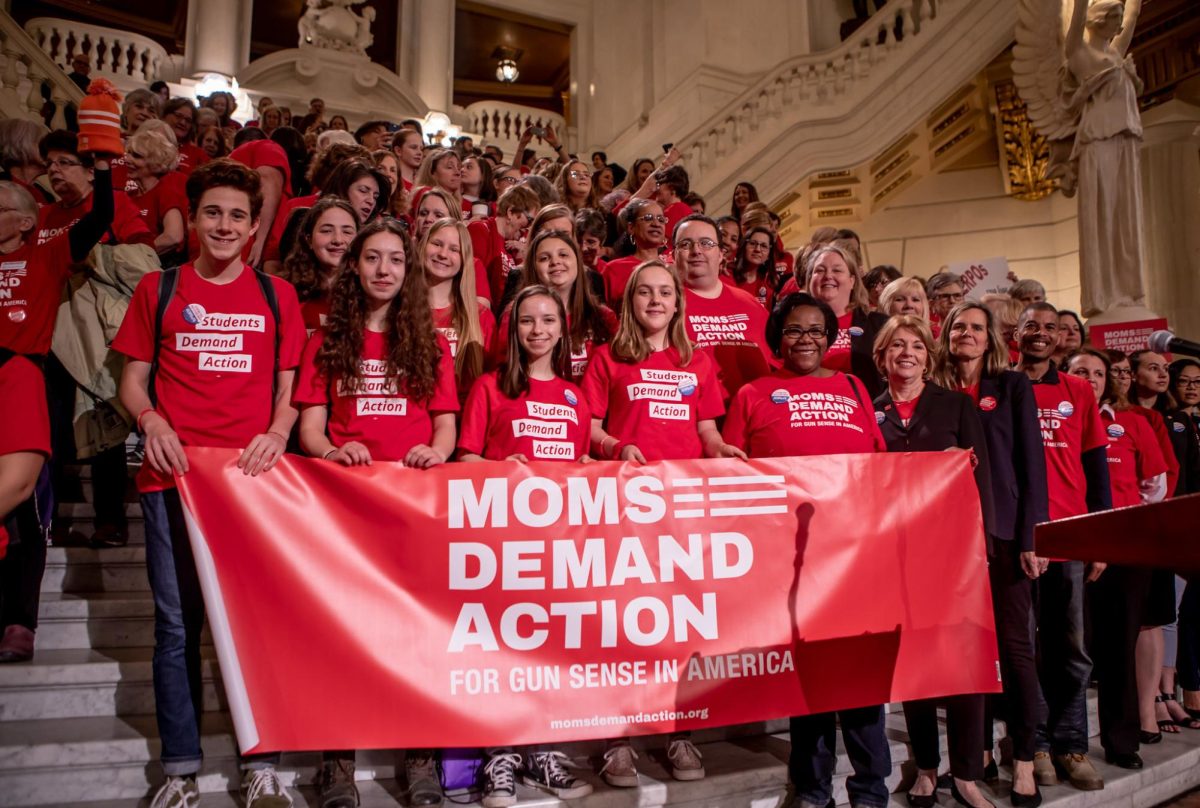In discussions surrounding the history of American feminism, provocative figures such as activist Gloria Steinem are upheld as some of the most influential within the movement. Among her most notable contributions to second-wave feminism was her journalistic investigations into the gendered and violent working conditions she experienced as an undercover entertainer at the infamous Playboy Club. Her reporting catapulted both her image and the liberal feminist agenda into international spotlight. A less well-known element of Steinem’s activism however, is her association with the United States Central Intelligence Agency (CIA), an institution culpable for atrocities committed against hundreds of millions– including women– both domestically and abroad. Despite its well-documented brutality, Steinem has in the past described the CIA as “liberal, nonviolent, and honorable.”
“If I had a choice I would do it again,” said Steinem in her 2015 memoir, My Life on the Road, when confronting her former collaboration with the CIA.
In a sense, Steinem’s career and activism is microcosmic of what liberal feminism is: a philosophy that attributes progress in gender equality to women’s ability to effectively join and maintain oppressive structures rather than fall victim to them.
#GIRLBOSS culture is a concept that was popularized in 2014, and could be considered a modern rendition of the superficial girl-power culture that arose in the late-20th century. While there might be some variation as to those who might consider themselves a girlboss, the majority are women who fall into petit-bourgeois categories: small business owners, self-employed professionals, and more recently, multi-level marketing moguls.
The proliferation of #GIRLBOSS culture has led to the emergence of rhetoric that characterizes the capitalist exploitation of women by other women as empowering. Materially however, it makes no difference what gender an exploiter identifies as– especially to the exploited. This harmful rhetoric has inevitably limited discussion concerning #GIRLBOSS culture and other outgrowths of liberal feminism, as any criticism levied against the movement is lambasted as anti-feminist or outright misogynistic.
The popularization of liberal feminism has monopolized what it now means to identify as a feminist. Female public figures who would otherwise be considered objectionable by wider society for their personal and political convictions are sanctioned as feminist icons, on the sole basis that they are women who overcame patriarchal oppression. A notable example of such a phenomenon can be observed in the reaction to the death of former U.S. Secretary of State, Madeleine Albright. Though much maligned by the global south for her hawkish positions on U.S. interventionism, she was posthumously recognized by mainstream media as a feminist trailblazer. But very little consideration was given as to what actions she took to become such an influential figure. Was it her defense of NATO bombings of Serbia in 1999? Was it her assertion that the deaths of half a million Iraqi children as a result of U.S. sanctions was “worth it”? What exactly made Madeleine Albright a trailblazer?
According to tenets of liberal feminism, Albright’s ability to commit monstrous deeds against denizens of the third world is empowering, because she had to overcome patriarchal structures to do so. It attributes progress to women’s’ ability to advocate for a world in which not only men are allowed the power to be destructive and oppressive, but women as well.
It might be presumptuous, but it isn’t irrational to suggest that is a world most would rather not live in.







